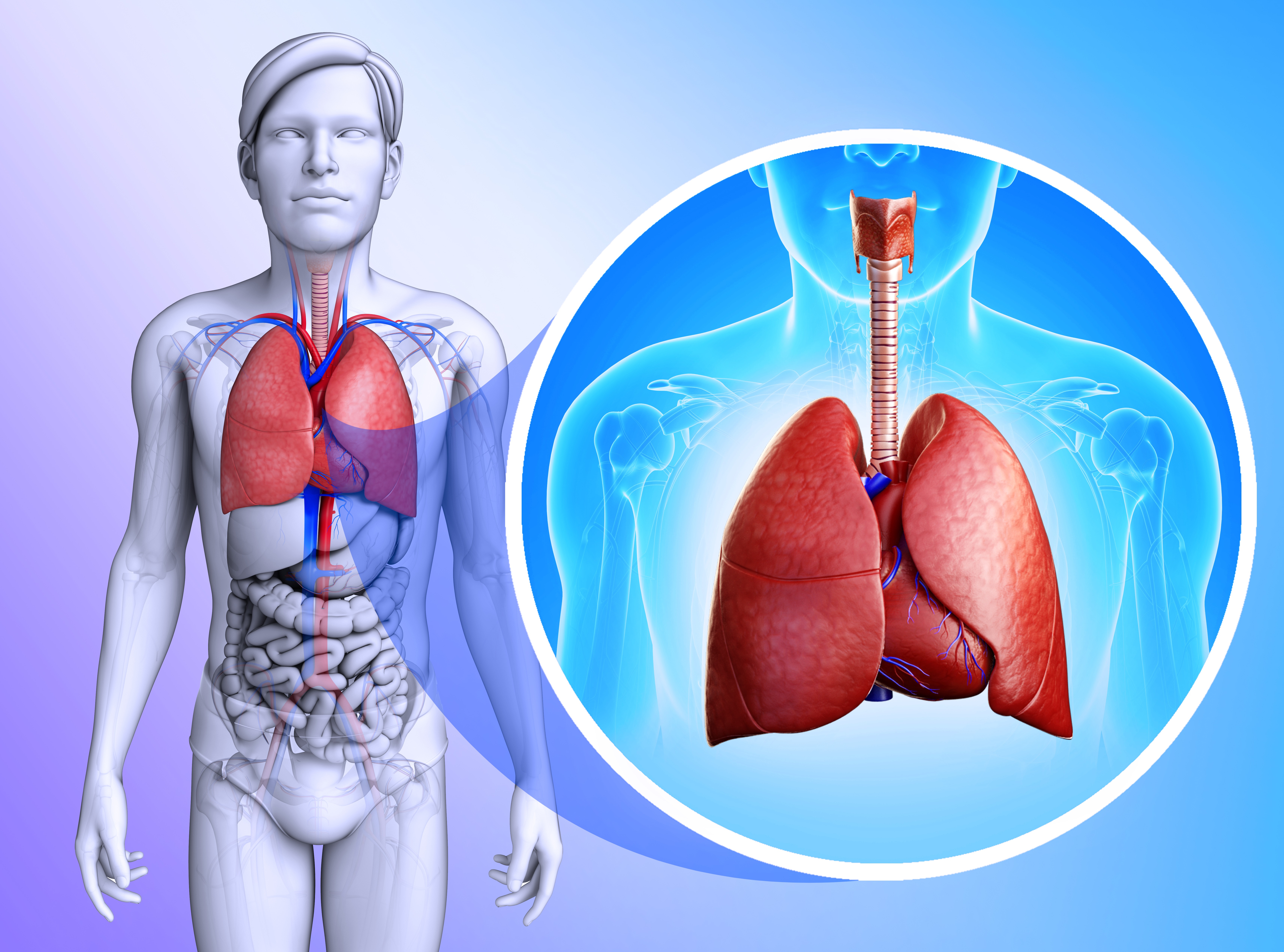LARIAT Clinical Trial Expands to Include Connective Tissue-Associated ILD

Pulmonary hypertension is a common co-morbidity of connective tissue diseases such as scleroderma, occurring in up to 40 percent of patients. Texas-based Reata Pharmaceuticals recently announced that the first patient has enrolled in the LARIAT clinical trial, a study examining the therapeutics effect of bardoxolone methyl in patients with pulmonary hypertension, and it is now enlarging the study.
LARIAT is a Phase 2 clinical trial examining the safety, tolerability, and efficacy of bardoxolone methyl — an experimental drug that has received orphan drug designation for the treatment of pulmonary arterial hypertension (PAH) from the U.S. Food and Drug Administration (FDA). The trial investigates the effects of bardoxolone methyl as an add-on medication to other pulmonary hypertension drugs.
Patients with connective tissue disease-associated interstitial lung disease (CTD-ILD) often respond poorly to available treatment and have worse overall outcomes than patients with other forms of ILD. Data from the first part of the LARIAT trial showed that bardoxolone methyl add-on improves functional capacity, assessed by a 6-minute walk test in patients with PAH. The trial noted that the biggest changes were observed in CTD-PAH patients.
Now, the LARIAT trial is expanding to include patients with pulmonary hypertension associated with certain types of ILD, namely patients belonging to WHO Group 3 (pulmonary hypertension patients with ILD, including CTD-ILD, idiopathic pulmonary fibrosis, and nonspecific interstitial pneumonia) and WHO Group 5 (pulmonary hypertension patients with sarcoidosis).
Reata’s chief medical officer, Colin Meyer, expressed satisfaction with the expansion of the LARIAT trial in a press release it provided to Scleroderma News: “We are pleased to announce that we have quickly expanded our PH [pulmonary hypertension] program into interstitial lung disease patients who have no approved therapies to treat their pulmonary hypertension. We hypothesize that bardoxolone methyl’s novel mechanism of action of improving mitochondrial function and suppressing inflammation can translate to improved functional capacity in PH patients with interstitial lung disease.”
Bardoxolone methyl targets inflammatory pathways involved in pulmonary hypertension, including CTD-associated forms, reducing the production of reactive oxygen species and decreasing the activity of enzymes involved in fibrosis development. The drug also increases cellular energy production.
The FDA has already approved a Phase 3 trial of bardoxolone methyl in CTD-PAH patients, using the 6-minute walk test as the primary endpoint after 24 weeks of treatment. Reata plans to initiate this first Phase 3 study in the second half of 2016.






